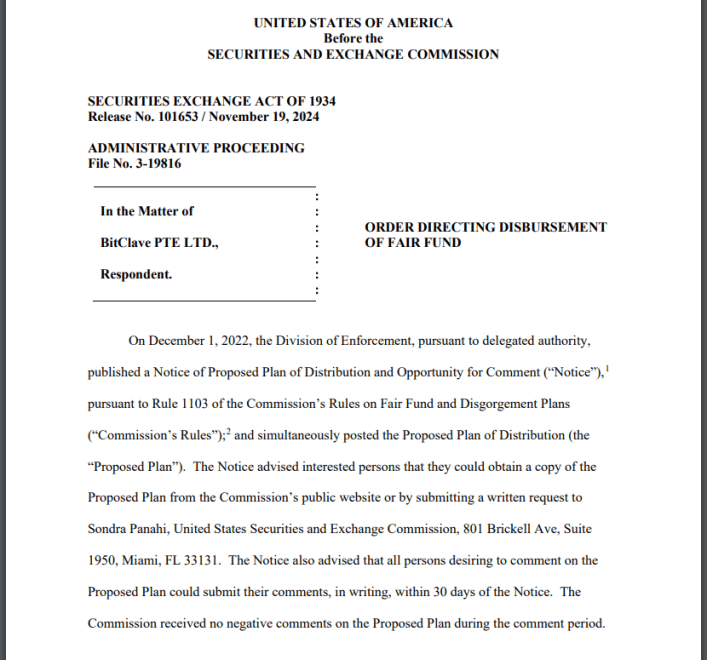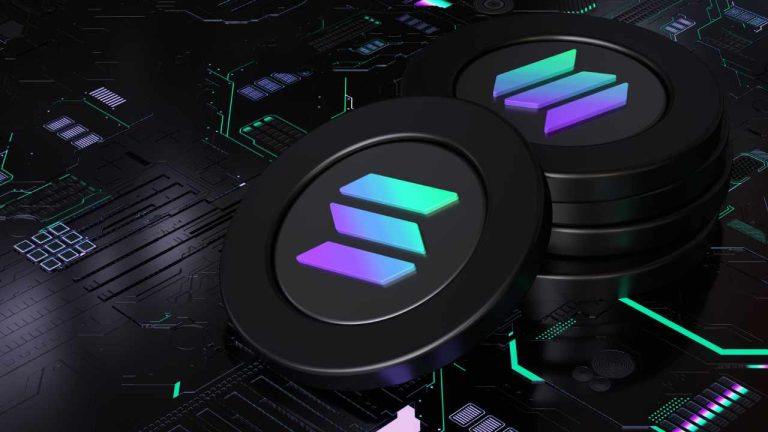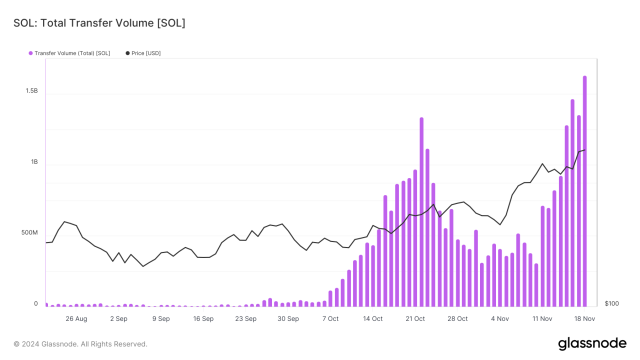Staking in crypto. The double edged sword. Should we commit our tokens to receive passive income or should we lock them away in a vault safe from outsiders?
It’s a strange concept for someone new to crypto. Put tokens in and get more tokens out? Why on earth would anyone not do it? It’s too easy!
Well, like anything that looks to good to be true it has its drawbacks, some can be crippling. But on the other end of the spectrum it can be a great way to earn passive income or boost your portfolio, potentially massively…
Below we will dive into some of the key points of staking to help you make an informed decision on whether to stake or not.
Before we go all in. It’s worth noting that not all tokens offer staking. Our father Bitcoin does not offer this program natively, this is proof of work (pow) as opposed to proof of stake (pos) so it is not possible to stake this particular token natively. Also the word staking can take many forms IE someone may refer to liquidity pools as staking which is a different beast which will not be explained here.
The act is staking a token is to lock it up securely in a network as a single token and receive interest payments in the form of more of that token as a reward for your temporary (sometimes not so temporary) sacrifice.
First up, the pro’s!
Number 1 - Active Participation & Safeguarding Network Integrity.
Imagine crypto staking as your backstage pass to actively fortify a blockchain's security infrastructure. Visualize yourself as a vigilant sentry patrolling digital corridors, each transaction being a corridor passage. As a staker, your tokens are integral in validating these transactions, a mechanism ensuring only authentic entries traverse the digital realm. This validation process, synonymous with safeguarding checkpoints, fends off potential attacks, akin to a community watch initiative deterring intruders.
Number 2 - Locked Funds.
Embracing Commitment with Prospective Rewards. Staking represents a commitment, comparable to entrusting funds to a financial institution for a predetermined interval, say, half a year. Within this timeframe, your assets become temporarily inaccessible, symbolizing your dedication to the network's functionality. This commitment mirrors a deliberate allocation of time to a communal endeavor, where you pledge a set number of hours weekly to a local initiative. A good portion of token don’t require a particular lockup time. DEXs or other protocols quite often allow an instant withdrawal of staked tokens.
Number 3 - Earning Rewards. Recognition through Token Incentives.
Your diligent efforts don't go unnoticed; they're rewarded. In recognition of your pivotal role in network security, you're bestowed additional tokens – an acknowledgment similar to receiving a performance bonus for exceptional work. This incentive structure propels stakers like you to uphold the network's equilibrium and resilience. It's akin to receiving a tangible accolade from the blockchain itself as a token of gratitude for your contributions.
Number 4 - Staking Types. A Dynamic Dance of Choice.
Staking unveils a choreography of participation options. Picture a dance floor offering two distinct routines: a solo act and a synchronized ensemble. The solo performance, known as Proof of Stake (PoS), casts you as the sole validator of transactions, ensuring their precision. Conversely, Delegated Proof of Stake (DPoS) extends an invitation to a group ensemble. Here, you delegate validation duties to others while partaking in shared rewards – a synchronized effort akin to collaborative teamwork within the blockchain arena.
Number 5 - Exploring Staking's Potential. A Triad of Advantages.
- Passive Income Generation. Staking guarantees a steady stream of income, akin to having a secondary occupation that compensates you in tokens.
- Network Fortification. Your participation bolsters the blockchain's well-being and safety. It's akin to becoming a member of a neighborhood association dedicated to enhancing the community's security.
- Growth Pathway. Staking opens doors to dual rewards – token earnings and potential value appreciation. It's akin to possessing shares in a burgeoning enterprise poised for expansion.
As mentioned, staking comes with its downsides so below is a soup of arguments against staking your hard earned tokens.
Number 1 - Locked Resources.
Staking often mandates a commitment of tokens for a predefined length of time. This attribute offers both advantage and limitation, mirroring the constraints of locking savings in a long-term financial endeavor. What if the price of your token pumps and you want to sell? Well buckle up during the dump because you might have to wait 30 days to recall your coins! You may even need your coins for financial hardship, but there’s not much you can do if they’re in limbo.
Number 2 - Market Swings.
Similar to stock market dynamics, staked token values can oscillate. While rewards accumulate, market fluctuations can influence the extent of gains. Sort of like impermanent loss, you could have made more of you sold here but instead your coins were locked so you couldn’t and have had to hold onto a dip. (That’s doing impermanent loss injustice but yeah…)
Number 3 - Technical Proficiency.
Effective staking necessitates technical adeptness. This demand mirrors the precision required when assembling furniture – meticulus adherence to instructions to avoid an unstable final product.
Number 5 - Network Vulnerabilities.
While staking bolsters security, no network is invulnerable. It's akin to reinforcing a fortress – while augmenting security, unforeseen vulnerabilities remain plausible. Unlike having your coins locked up in a hard wallet, often staking requires your coins to be out in the open, under someone else’s protection, if that fails you could be left holding the bag (sometimes an empty one).
Number 6 - Regulatory Implcations.
Staking might trigger tax considerations contingent on jurisdictional norms. It parallels a financial move with potential legal ramifications, akin to strategic investment deliberations.
To summarise…
The above points loosely guide you through the world of staking, there’s lots of considerations so do your research before pulling the trigger on anything!
Ultimately. Staking requires you taking YOUR coins and giving them to a protocol that may or may not have your best intentions in mind. You may need your coins quicker than you’d think and they are inaccessible for some time. You may hold during a bear market and have twice the coins you started with and double your money!
It boils down to risk vs reward and of course the coins of your choosing. What will you decide? The choice is yours and yours only, choose wisely.
[link] [comments]

You can get bonuses upto $100 FREE BONUS when you:
💰 Install these recommended apps:
💲 SocialGood - 100% Crypto Back on Everyday Shopping
💲 xPortal - The DeFi For The Next Billion
💲 CryptoTab Browser - Lightweight, fast, and ready to mine!
💰 Register on these recommended exchanges:
🟡 Binance🟡 Bitfinex🟡 Bitmart🟡 Bittrex🟡 Bitget
🟡 CoinEx🟡 Crypto.com🟡 Gate.io🟡 Huobi🟡 Kucoin.

















Comments